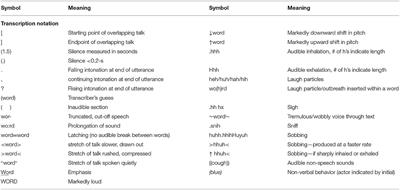EDITORIAL
Published on 09 Sep 2021
Editorial: Talking and Cure – What's Really Going On in Psychotherapy
doi 10.3389/fpsyg.2021.693300
- 1,295 views
- 1 citation
13k
Total downloads
76k
Total views and downloads
You will be redirected to our submission process.
EDITORIAL
Published on 09 Sep 2021
ORIGINAL RESEARCH
Published on 30 Apr 2021
ORIGINAL RESEARCH
Published on 21 Apr 2021

ORIGINAL RESEARCH
Published on 10 Feb 2021

ORIGINAL RESEARCH
Published on 25 Jan 2021

ORIGINAL RESEARCH
Published on 14 Jan 2021

ORIGINAL RESEARCH
Published on 15 Dec 2020

ORIGINAL RESEARCH
Published on 07 Dec 2020

ORIGINAL RESEARCH
Published on 05 Nov 2020

ORIGINAL RESEARCH
Published on 26 Oct 2020

ORIGINAL RESEARCH
Published on 06 Oct 2020

ORIGINAL RESEARCH
Published on 19 Feb 2020

